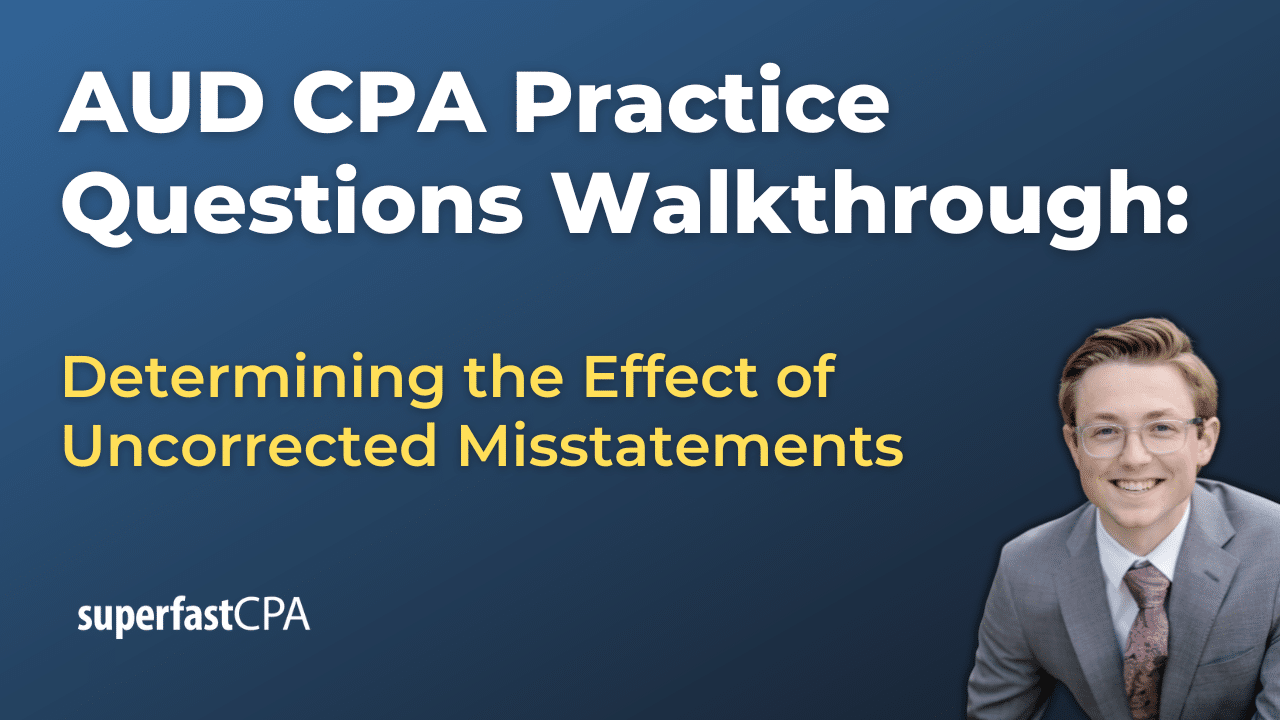Lawyer Leverage
“Lawyer leverage” is a term used in the legal industry to refer to the ratio of associates to partners in a law firm. It’s a key measure of a firm’s business model and profitability.
The leverage ratio is typically calculated by dividing the number of associates by the number of partners. A higher ratio indicates that there are more associates for each partner, suggesting that the firm could potentially generate more revenue, as partners typically bill at higher rates and may generate business, while associates do much of the work.
Leverage is important in law firms because it can significantly impact profits per partner, a common measure of a law firm’s success. If a firm can effectively delegate work to associates and maintain a steady stream of billable work, a higher leverage ratio can result in higher profits per partner.
However, it’s a balancing act. A high leverage ratio might increase profits in the short term, but if there aren’t enough partners to adequately supervise and mentor associates, the firm’s long-term success and reputation could be negatively affected. Moreover, if there’s not enough work to keep associates busy, a high leverage ratio can lead to inefficiencies and lower profits.
Lawyer leverage can also refer more broadly to the use of legal expertise, skills, and resources to achieve an advantage or desired outcome in legal matters.
Example of Lawyer Leverage
Let’s consider a hypothetical law firm to demonstrate lawyer leverage.
Suppose we have a law firm named Alpha Legal. Alpha Legal has 10 partners and 40 associates.
The lawyer leverage ratio for Alpha Legal would be calculated as follows:
Number of associates ÷ Number of partners = Lawyer leverage ratio
So, for Alpha Legal:
40 associates ÷ 10 partners = 4
This means that for every partner, there are 4 associates.
This high leverage ratio suggests that Alpha Legal might have a significant capacity for billable work, as each partner potentially has several associates to delegate work to. If effectively managed, this could mean high profits per partner.
However, it’s crucial for Alpha Legal to ensure that there’s enough work to keep all the associates occupied, and there are sufficient mentoring and supervision from partners. If not, this high leverage could lead to inefficiencies, low morale, and potentially lower quality of service.
Remember, while a higher lawyer leverage ratio could imply higher profits per partner, the real-world scenarios can be far more complex and depend on a multitude of factors such as the firm’s reputation, client base, area of legal expertise, market conditions, and more.













